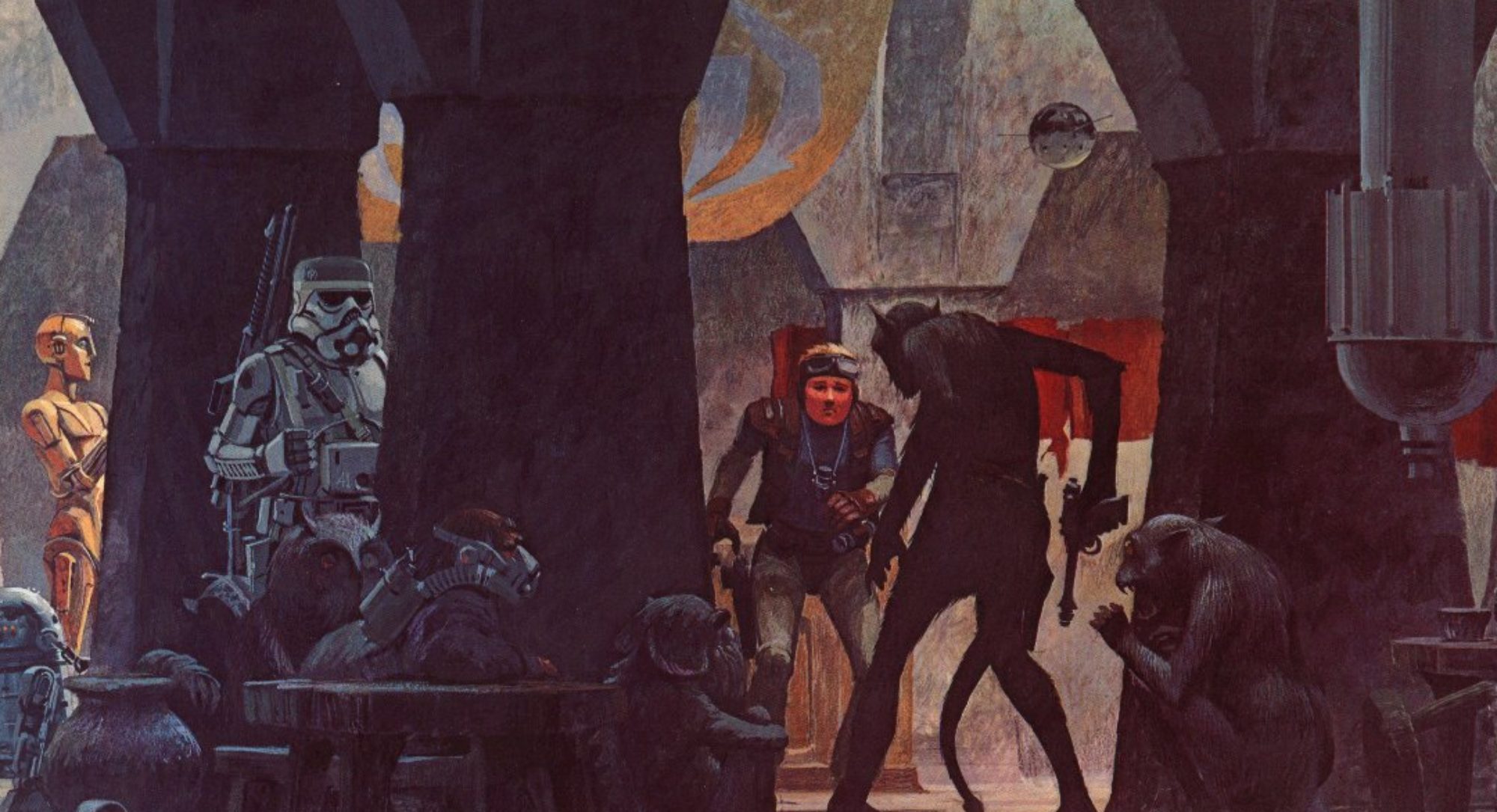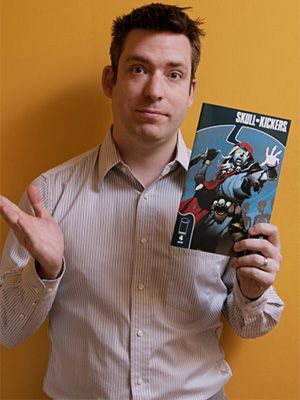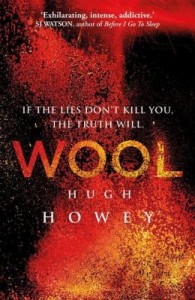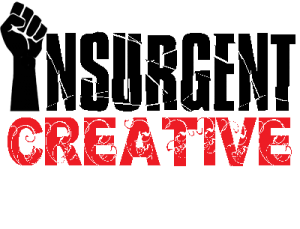 One of the most important things to remember about making a living as an independent creator is that you have to play the “long game.” You need to be strategizing and planning for how things develop over time. To do this successfully, you need as much data as you can gather, which is why I’ve always made sure to recommend those services that give creatives as much information as possible regarding their sales, trending information and more. The more information you have, the better you’re able to plan.
One of the most important things to remember about making a living as an independent creator is that you have to play the “long game.” You need to be strategizing and planning for how things develop over time. To do this successfully, you need as much data as you can gather, which is why I’ve always made sure to recommend those services that give creatives as much information as possible regarding their sales, trending information and more. The more information you have, the better you’re able to plan.
Long-term planning will often mean that you need to have faith in your plan even when it appears not to be working in the short term. This is difficult. Long-time readers will remember that two years ago, I nearly buried my company by shifting to an “app-pricing” model, which completely torpedoed my income. I stuck with it for almost four months, but had to stop because this is my sole income, and I simply could not afford to risk sticking to it in the hope that my plan panned out. If I’d been able to continue would the trend have reversed? I don’t know. I wish I’d been more financially secure and able to continue down that road a bit further, just to see if the data indicated an upward swing.
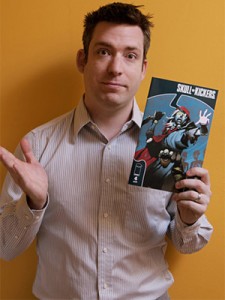 Jim Zub, creator of the independently-owned comic book series SKULLKICKERS (published by Image) had a similar risk to take. As he details in this excellent blog post, his title amassed a massive amount of debt in the first two quarters of 2011, about which he writes:
Jim Zub, creator of the independently-owned comic book series SKULLKICKERS (published by Image) had a similar risk to take. As he details in this excellent blog post, his title amassed a massive amount of debt in the first two quarters of 2011, about which he writes:
We dug into the red aggressively overprinting the first trade paperback to keep it in stock and profits gained from the issues, trade and minuscule digital sales didn’t cover the difference that early into its sales cycle. All in all, we dug down 27% more than we made in the first half of 2011.
For most creators that would’ve been the end of it and that’s totally reasonable. Even with Image covering costs so we didn’t have to spend our own money to print or distribute, the complete lack of profits for 6 months would have sealed the series’ fate. Thankfully, Edwin, Misty and I all have day job income and stuck it out for the long haul.
He and his fellow creators didn’t have to depend on that for their sole income, so they stuck to their plan. The result can be seen in the rest of his post, which should be required reading for any prospective Insurgent Creative: He digs down deep into profitability, costs, trends in physical vs. digital sales and more.
He and his fellow creators treated their efforts as a marathon, not a sprint. And the trends are paying off in the long run — and, in a edit to the post made yesterday, he added a note which indicated that the losses he was seeing in the data weren’t as bad as he had original thought, because more information came in that showed that the numbers didn’t include direct sales via conventions. (Again: More data is a good thing.)
Make your plans. Figure out your long game. Start running your marathon.
